Warning Signs Your Car Needs Immediate Repairs
Understanding the early warning signs of car trouble can help you avoid costly auto repairs and ensure your safety on the road. Regular maintenance is key to vehicle longevity, but recognizing these signs early can prevent more severe issues. According to Kelley Blue Book, routine services such as oil changes reduce the risk of major auto repairs and help vehicles run past 100,000 miles. By staying vigilant and addressing these signals promptly, you can maintain the safety, performance, and reliability of your car.
1. Unusual Noises
Brakes are among the most critical systems in your car, and grinding noises often indicate a serious issue. This sound can suggest that your brake pads are worn out, which means the metal beneath is making contact with other metal components. Ignoring this sign can lead to damage to the rotors, increasing auto repair costs significantly. It's essential to address brake issues quickly to ensure your safety because brakes are your first line of defense in an emergency. Regular inspections and maintenance of your braking system are crucial to avoid such problems.
Squealing Belts
Squealing belts under the hood can be an alarming sound indicating worn-out or loose belts, such as those in the serpentine system. These belts are crucial for powering various components like the alternator, power steering pump, and air conditioning. If a belt snaps, the resulting damage could lead to engine overheating, battery failure, or loss of crucial functionalities while driving. Thus, timely replacement of worn belts is necessary to maintain vehicle performance.
Engine Knocking Sounds
Engine knocking, a troubling sound, usually points to issues with the combustion process or a potential problem with the engine's components. This noise could stem from using the wrong type of fuel or signify internal issues like worn bearings or inadequate lubrication. Ignoring these sounds can lead to severe mechanical failure, resulting in extensive auto repairs or even engine replacement. Early detection and fixing combustion issues can prevent more extensive damage. Routine engine check-ups and using the correct grade of fuel are vital for keeping the engine healthy.
2. Warning Lights
The Check Engine Light (CEL) is perhaps the most ambiguous yet important warning sign a car can give. While this light can indicate something as minor as a loose gas cap, it might also signify severe issues with the engine or emission systems. Ignoring the CEL can lead to reduced fuel efficiency, performance issues, and increased pollution. With advancements in diagnostic tools, mechanics can quickly pinpoint and address specific problems.
ABS Light
The Anti-lock Braking System (ABS) light signals a malfunction in the braking system designed to prevent wheel lock-up during braking. A malfunction in this system can adversely affect vehicle control when braking on slippery surfaces. The presence of the ABS light means that the driver should drive with caution and seek diagnostic assistance as soon as possible. The issues could range from simple sensor malfunctions to more complex hydraulic inaccuracies. Addressing ABS faults is necessary to ensure consistent braking performance and prevent costly auto repairs.
Battery Alert
The Battery Alert light on the dashboard warns of a potential problem with the vehicle’s charging system. This may indicate a failing battery, alternator, or issues with the electrical system itself. If ignored, this can result in the vehicle failing to start or suddenly losing power while on the road. Consistent battery check-ups and replacing aging batteries can prevent being stranded due to battery failure. Routine checks ensure that your vehicle's electrical system remains functional and reduce the risk of unexpected auto repairs.
3. Fluid Leaks
Oil is the lifeblood of your vehicle's engine, providing essential lubrication to moving parts. Discovering oil spots beneath your car can be concerning, as it often suggests a leak at the oil pan, gasket, or seals. Running an engine with low oil levels can lead to severe issues like overheating and increased wear on engine components. Addressing oil leaks immediately is crucial to maintaining efficient engine operation and avoiding costly auto repairs. Regular oil changes and inspections can preempt leaks by keeping the engine properly lubricated and operating smoothly.
Coolant Puddles
Coolant is vital for maintaining engine temperature and preventing overheating. If you notice bright green or orange puddles under your vehicle, it's typically a sign of a coolant leak. Leaks can occur in the radiator, hoses, or water pump and might result in engine overheating if not promptly addressed. Without proper coolant levels, your car risks significant engine damage and potential operational failure. Routine inspections of the coolant system can identify early signs of wear and prevent leaks from escalating into expensive auto repairs.
Brake Fluid Drips
Brake fluid is essential for the hydraulic pressure needed to activate the brake system. Seeing brake fluid beneath your car signifies a potentially dangerous leak that could lead to brake failure. As this can compromise your ability to safely stop the vehicle, immediate intervention by a mechanic is necessary. Routine brake system audits and regular fluid checks can help maintain proper line pressure and functionality. Addressing any brake fluid leaks quickly will safeguard both the driver and the vehicle from hazardous situations and avoid emergency auto repairs.
4. Vehicle Shaking
A vibrating steering wheel can detract from the driving experience and point to underlying issues. It might stem from unbalanced tires, worn suspension components, or warped brake rotors. Ignoring this symptom can lead to further wear on tires or increased stress on suspension and steering parts. Timely adjustments, like tire balancing and wheel alignment, ensure smoother driving and reduce long-term auto repair costs. Regular inspections can isolate the precise cause, allowing for targeted and effective remedies.
Shaking During Acceleration
Noticing your car shaking during acceleration can be unsettling and usually indicates drivetrain issues. Potential culprits include worn drive belts, imbalanced tires, or malfunctioning engine mounts. Continuing to drive without addressing these problems can exacerbate the issue and lead to costly auto repairs. Immediate attention to such vibrations can maintain driving comfort and stability. Routine service and assessment of drivetrain components can prevent acceleration-related vibrations from becoming severe road hazards.
Uneven Tire Wear
Uneven tire wear is often a precursor to more severe alignment or suspension issues. It can result from misaligned wheels, improper tire inflation, or worn suspension components. Having tires with varying wear patterns can lead to poor traction, reduced fuel efficiency, and a compromised braking system. Prompt alignment checks and tire rotations can alleviate uneven wear and prolong tire life. Regular maintenance is essential to ensure balanced wear and avoid unnecessary auto repairs down the line.
5. Poor Performance
Engine misfires diminish vehicle performance and fuel efficiency, often signaling ignition or fuel system issues. Misfires occur when combustion fails in one of the engine's cylinders, leading to unstable operation and increased emissions. Ignoring misfire symptoms can result in lasting damage to components such as spark plugs, ignition coils, or the catalytic converter. Regular tune-ups and using quality fuel can help mitigate misfires and sustain engine health. Swift diagnosis and correction prevent escalating damage and reduce the risk of costly auto repairs.
Lack of Power During Acceleration
A noticeable reduction in power during acceleration may arise from clogged filters, failing sensors, or transmission issues. This symptom not only affects driving enjoyment but can also be dangerous if vehicle responsiveness is compromised in critical situations. Addressing performance declines quickly ensures safety and maintains overall drivability. Regular maintenance, including filter changes, helps maintain performance levels and prevent engine strain. An attentive approach to identifying and resolving power loss symptoms protects against future auto repairs.
Decreased Fuel Efficiency
Decreased fuel efficiency can signal numerous potential issues, such as incorrect tire pressure, bad oxygen sensors, or engine malfunctions. Reduced efficiency impacts your wallet directly, as you find yourself refueling more frequently. If unaddressed, the underlying issues can reduce engine life and increase harmful emissions. Maintaining regular upkeep, including routine services recommended by Kelley Blue Book, aids in preserving fuel efficiency. Proactively managing these signs ensures economic operation and minimizes the risk of unnecessary auto repairs.
Recognizing these warning signs and seeking professional help promptly can prevent more severe damage to your vehicle. Regular maintenance and listening to your car can ensure your safety and prolong the life of your vehicle. By being attentive to the various indicators discussed, you can save on costly auto repairs and ensure a smooth, safe driving experience. It is crucial to remember that vehicles are complex, and downtime for maintenance can lead to more severe problems. Emphasizing consistently scheduled check-ups and addressing warning signs forthrightly supports longevity and reliability.
Don't wait until a small issue becomes a major repair. Schedule an inspection today at Almanzar Auto Clinic to keep your vehicle running safely and avoid unexpected auto repairs.
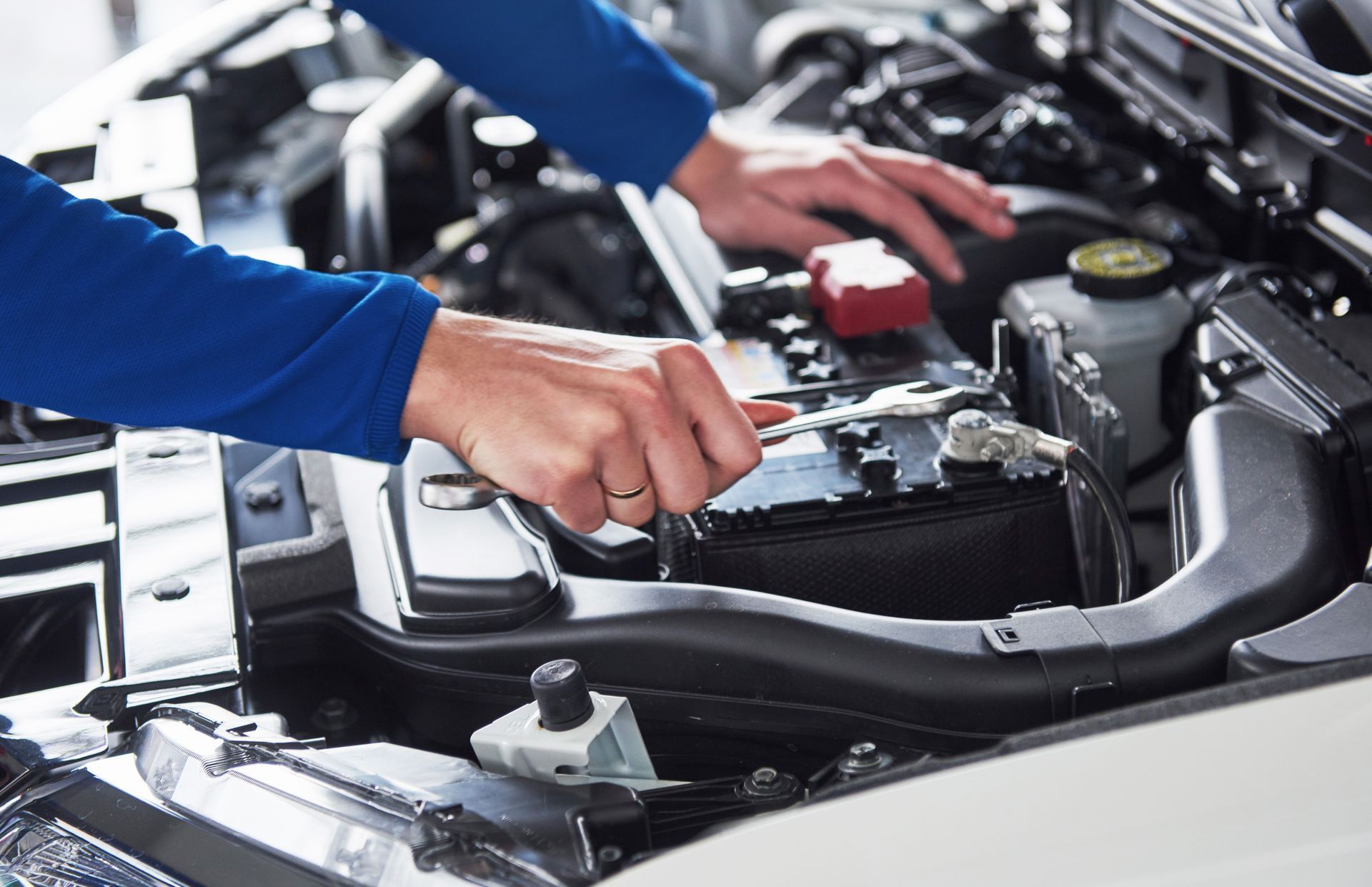

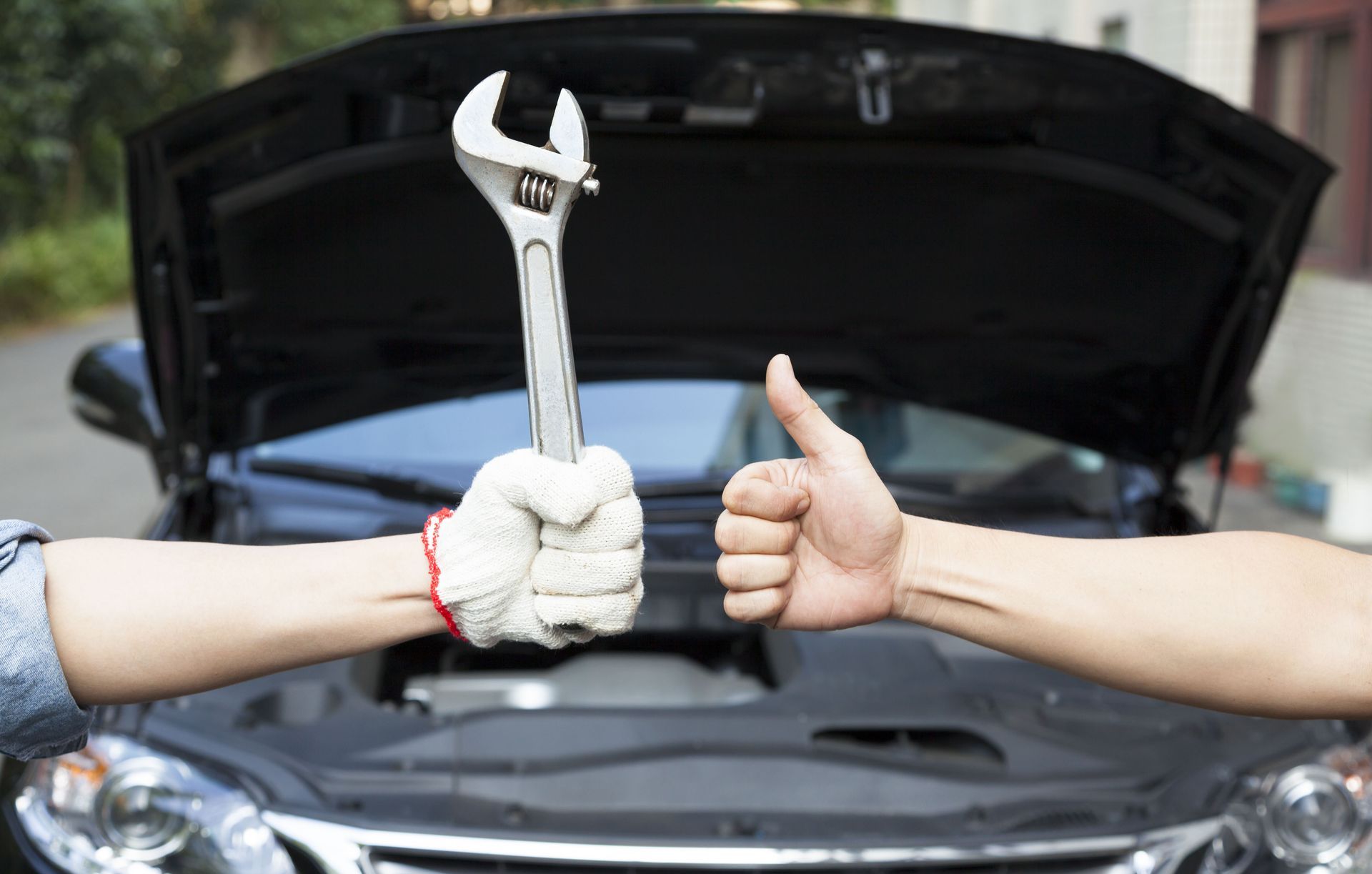
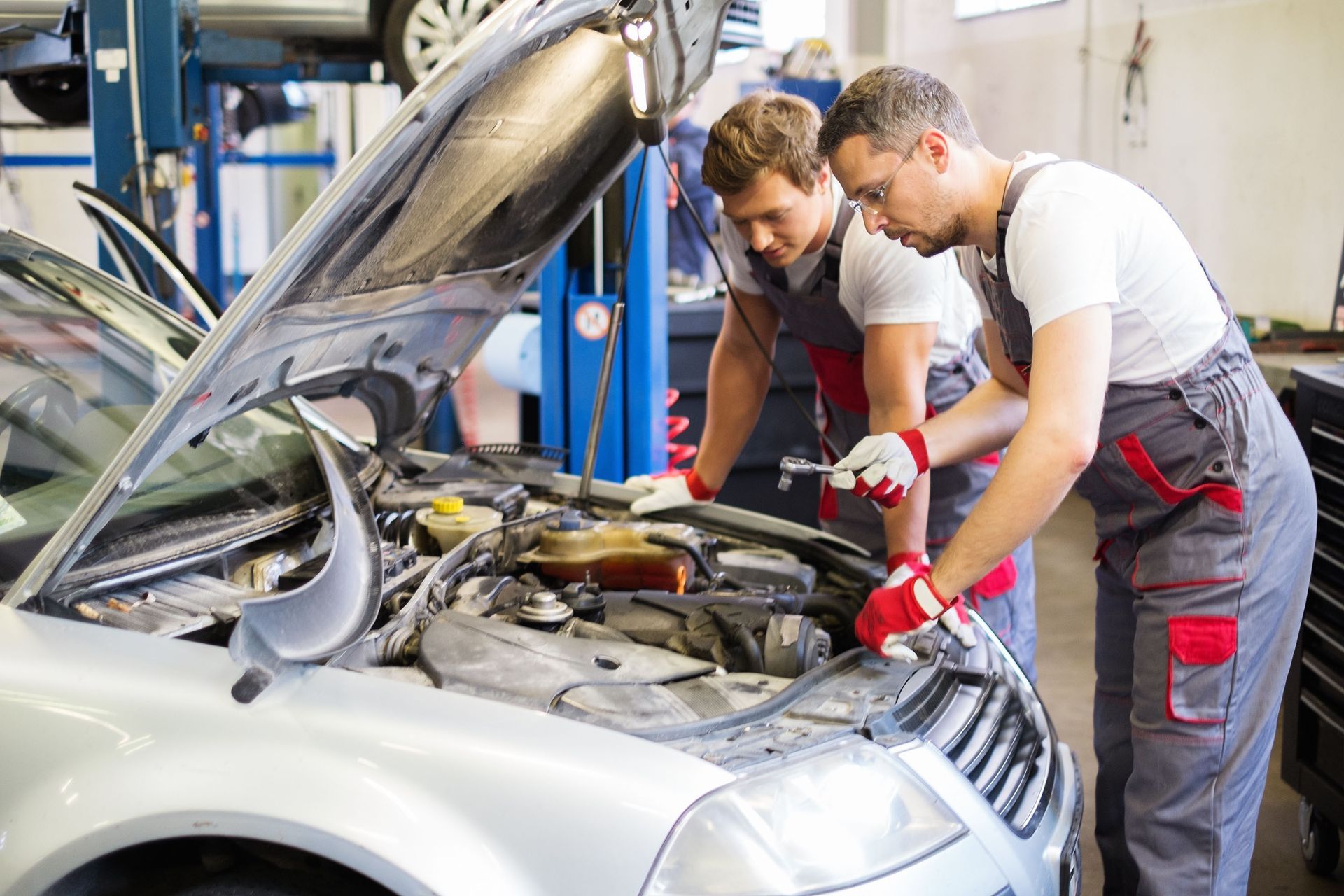
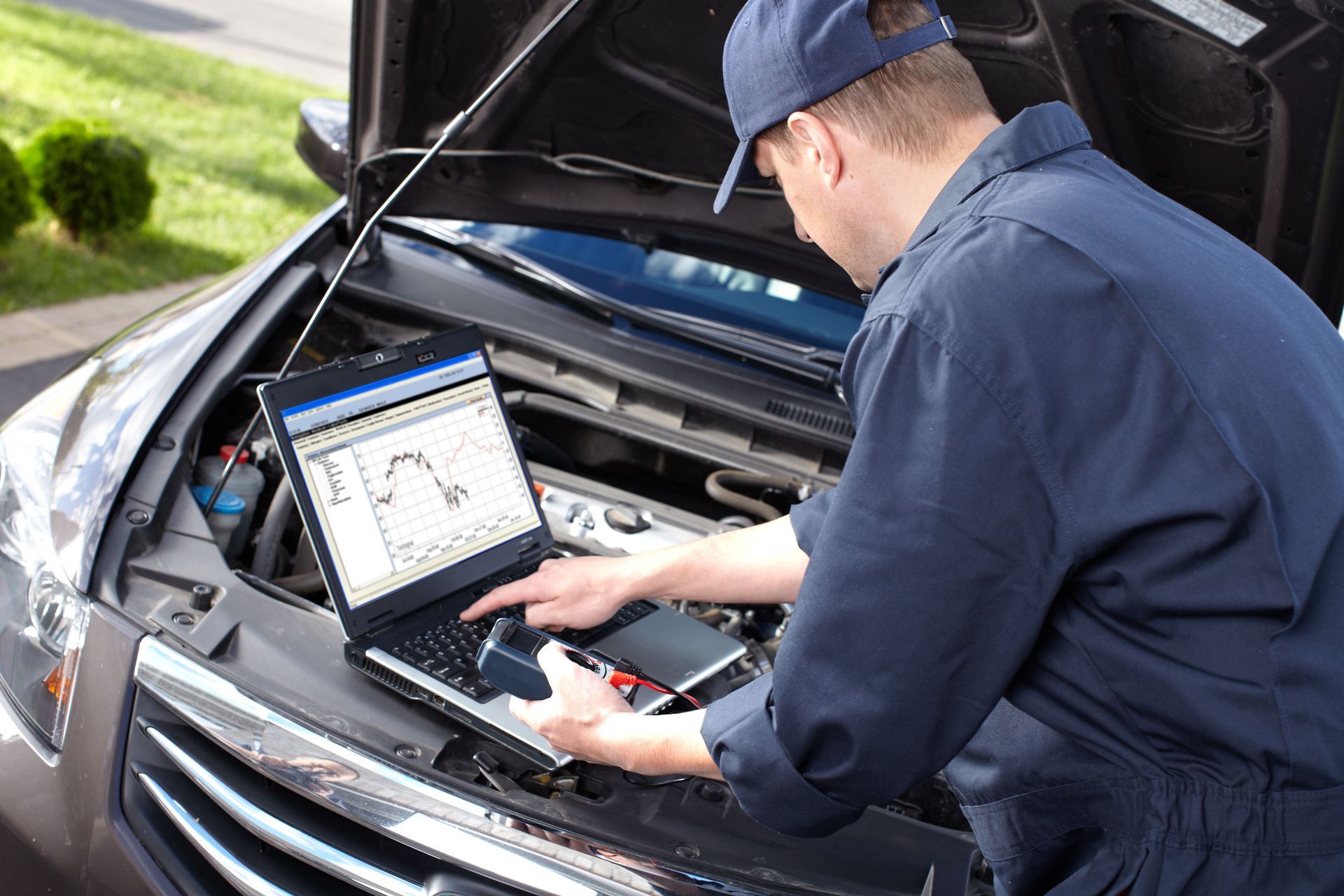





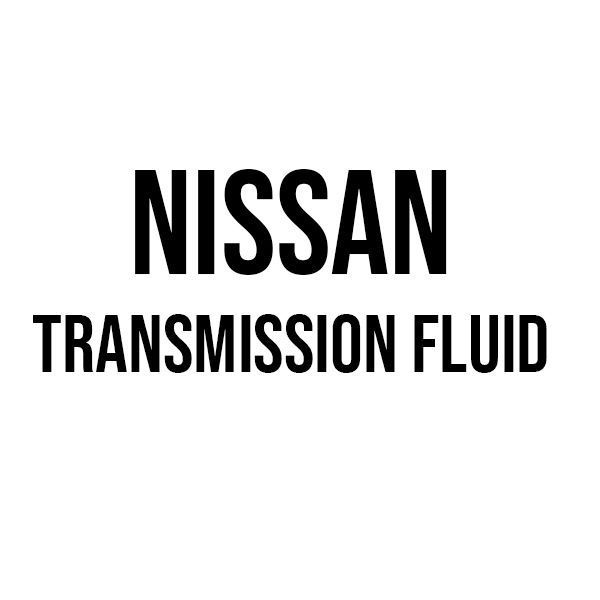
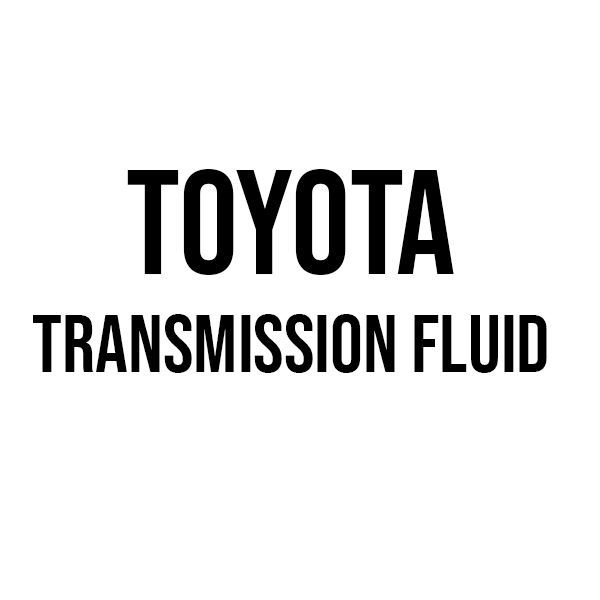

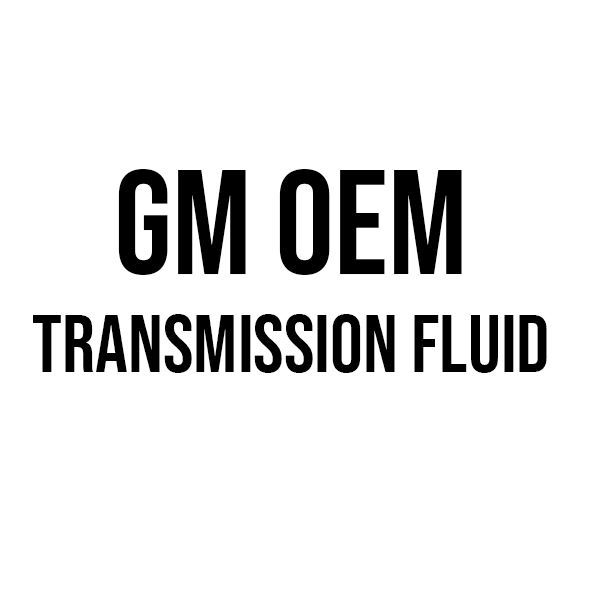
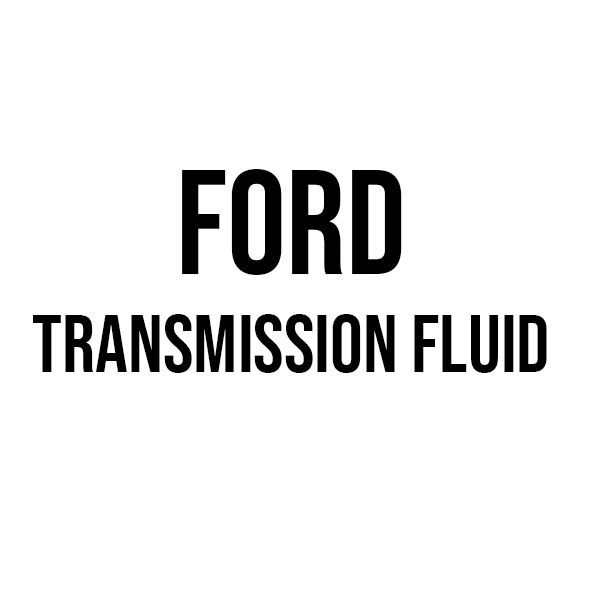



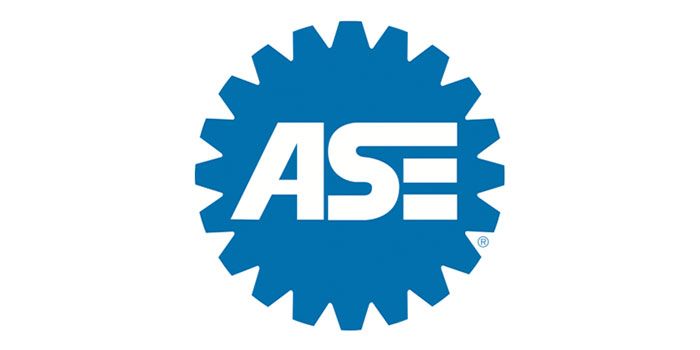
Share On: